After winning the Shanghai Masters, Vachero had something to say.
Under the dazzling lights of the Shanghai Masters arena, the spotlight did not shine on the expected Alcaraz or Sinner, but instead on an unfamiliar name—Vachero. When this unknown Monaco player raised the winner’s trophy, Bubelik made a startling remark: "This is our fault. Entirely our fault. We lost because we were not sufficiently prepared for this Masters event."
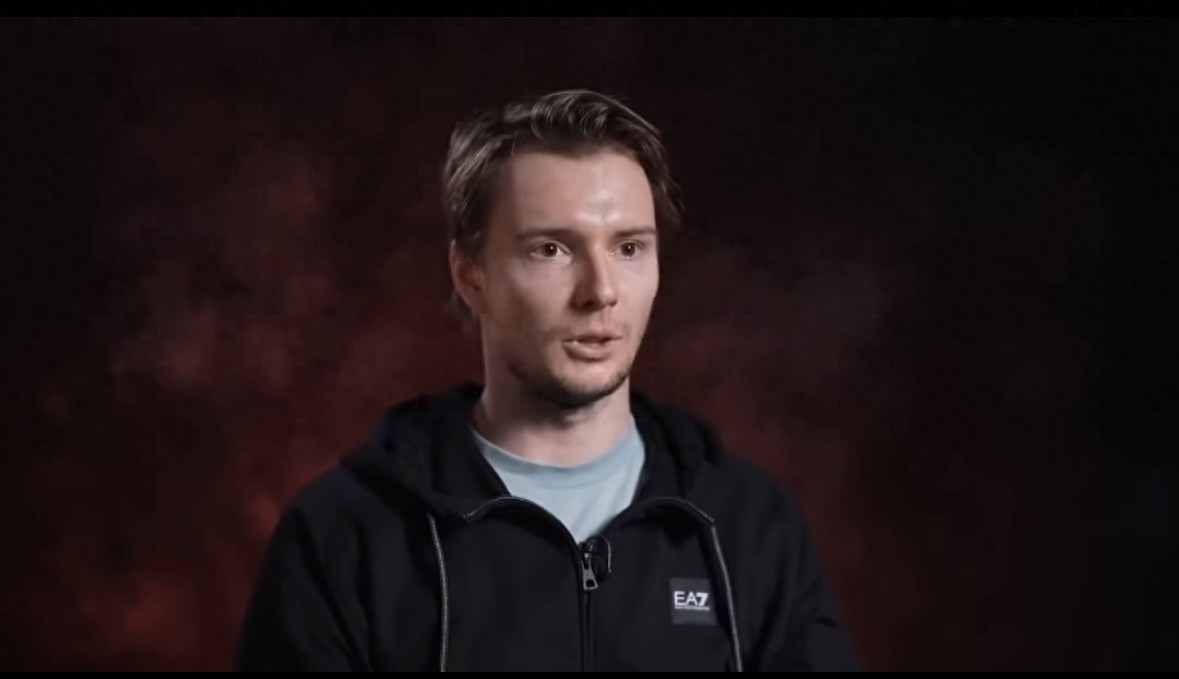
This candid admission struck like a blow, exposing wounds the professional tennis elite prefer to ignore. Vachero’s path to victory was epic, defeating multiple top-ranked players in succession to claim the title. Meanwhile, Lindeknech also swept through all his opponents before the final with unstoppable momentum. The parallel surge of these two dark horses painted an uncomfortable picture for the top players.
"Why is it that when we come to Shanghai at the end of the season, some of us who have won many tours, Grand Slams, and Masters cannot stop these two?"We must ask ourselves this. If the level does not match Carlos and Yannick’s, this is what happens." Bubelik’s self-critique pointed to a deeper issue: when the top players who have won countless tours, Grand Slams, and Masters collectively lose the ability to block "outsiders" at the season’s end in Shanghai, this is more than just fluctuations in form. It is a systemic failure, a collective collapse of the elite.
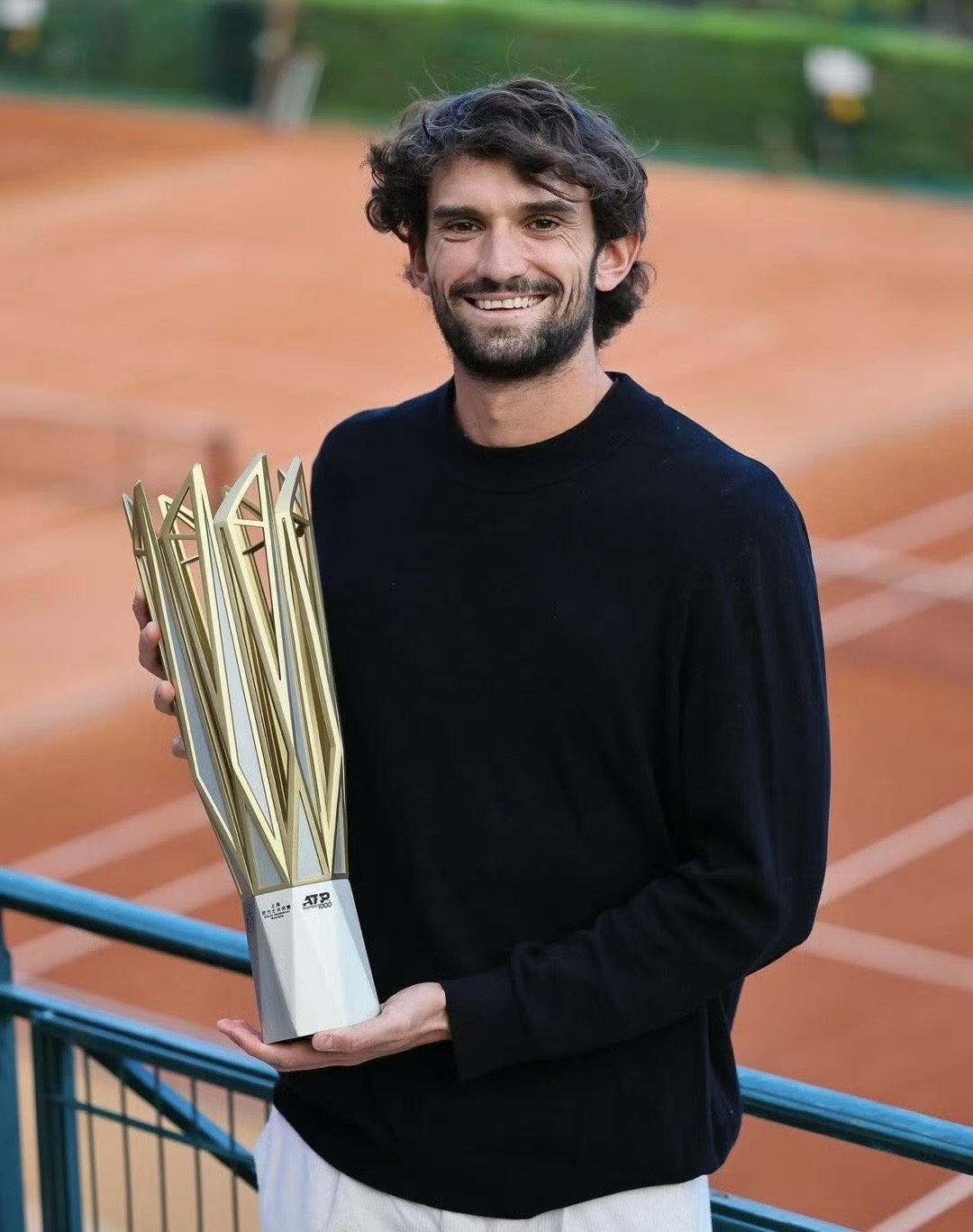
The professional tennis season is long and grueling, stretching from the sunny Australian start to the autumn nights in Shanghai. Players travel worldwide like migratory birds. Fatigue accumulates, injuries increase, but more dangerous is the complacency lurking behind success. When names like Alcaraz and Sinner become synonymous with tennis, other top players seem to unconsciously accept a second-tier mindset, which becomes their Achilles’ heel at critical moments.
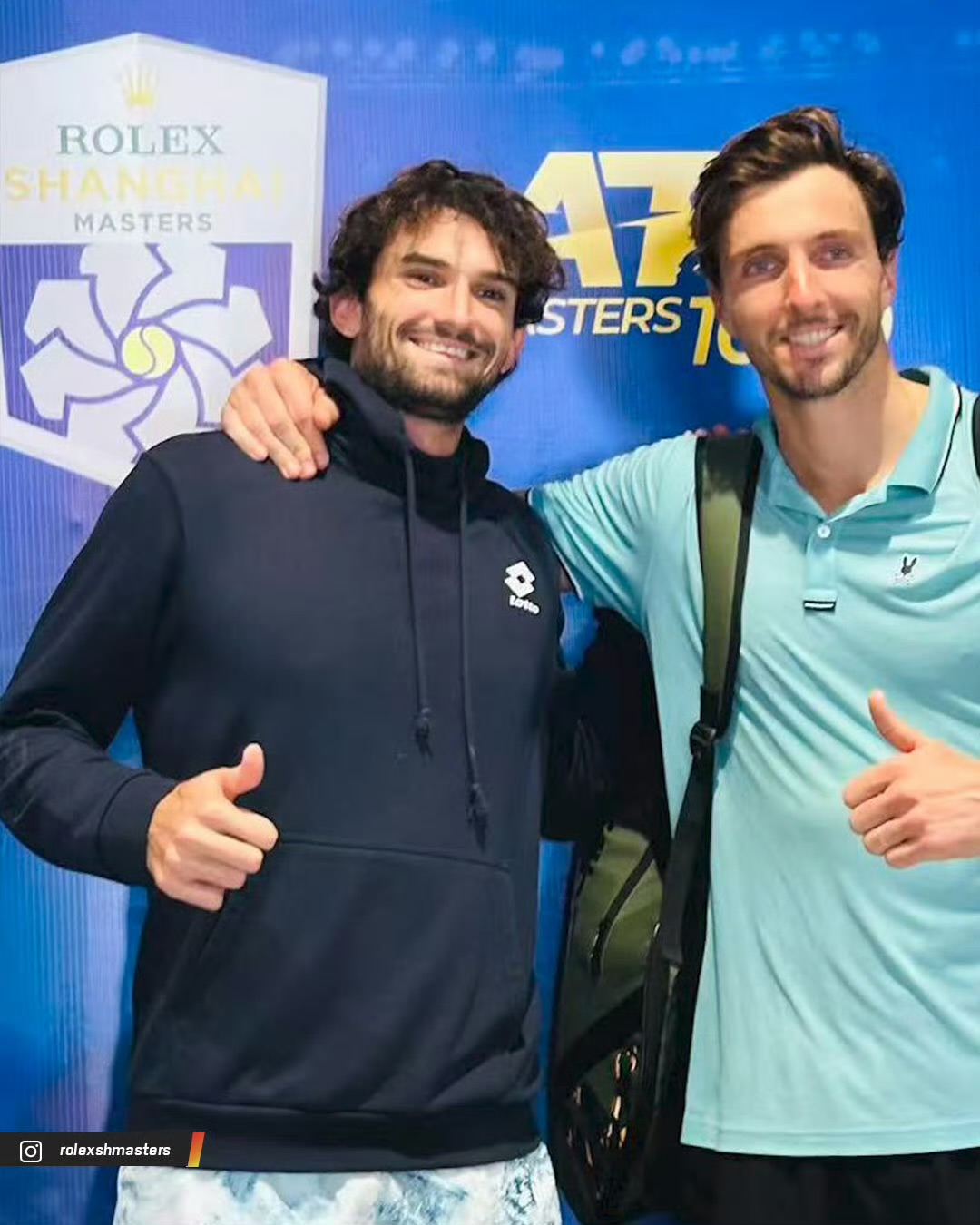
The breakthroughs of Vachero and Lindeknech essentially represent a successful upheaval of the existing order. They carry no ranking burdens, no overwhelming media expectations, and no psychological pressure of having to win. In this state of freedom, they played what Bubelik called "tennis that demands reflection." It recalls famous moments in tennis history when emerging forces challenged the old order and change quietly began.
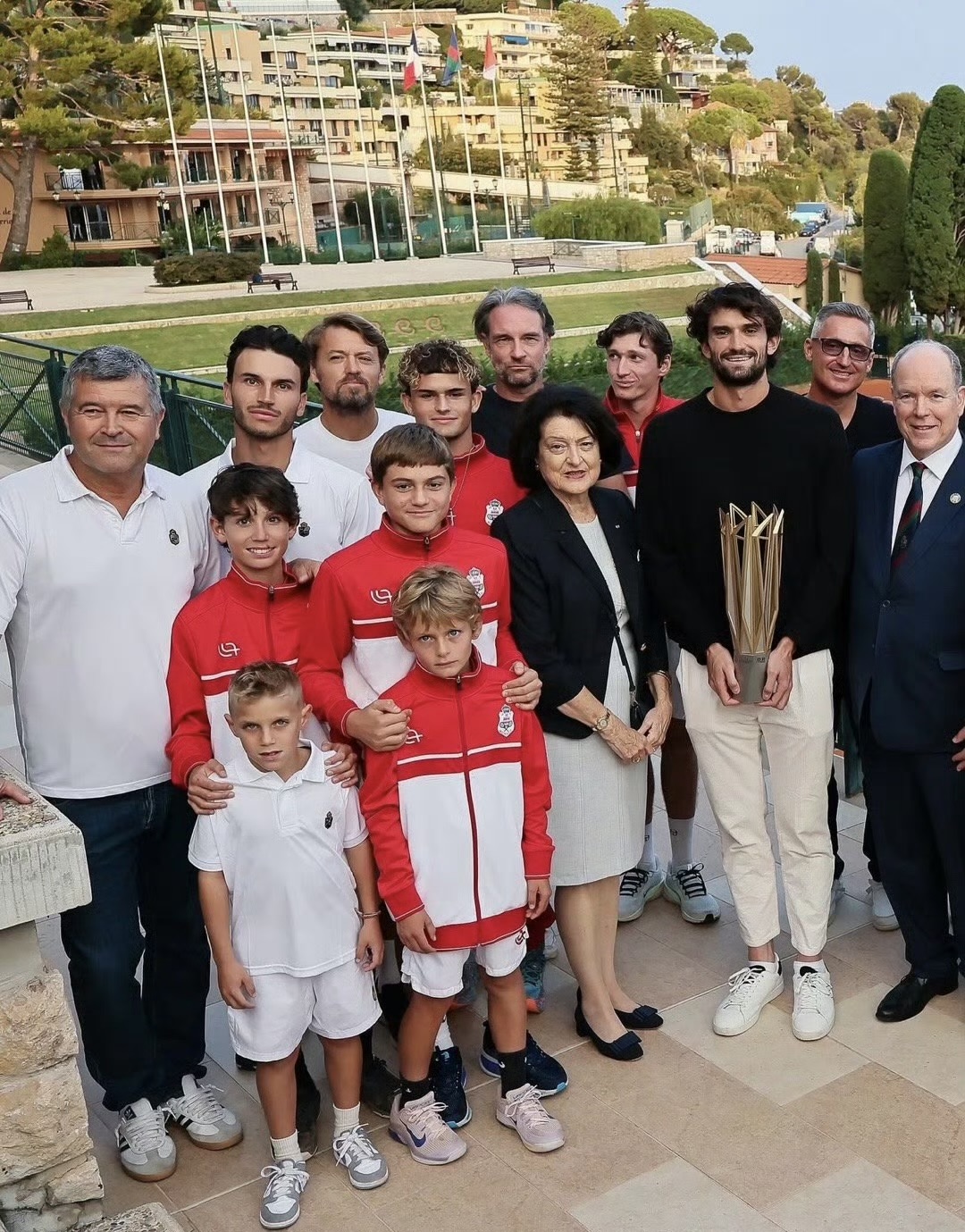
Bubelik’s reflection actually raises a sharp question: as technical gaps in tennis narrow, mental battles become decisive. Do those already accomplished players still retain their initial hunger? Behind huge prize money and ranking points, has the essence of the sport been distorted?
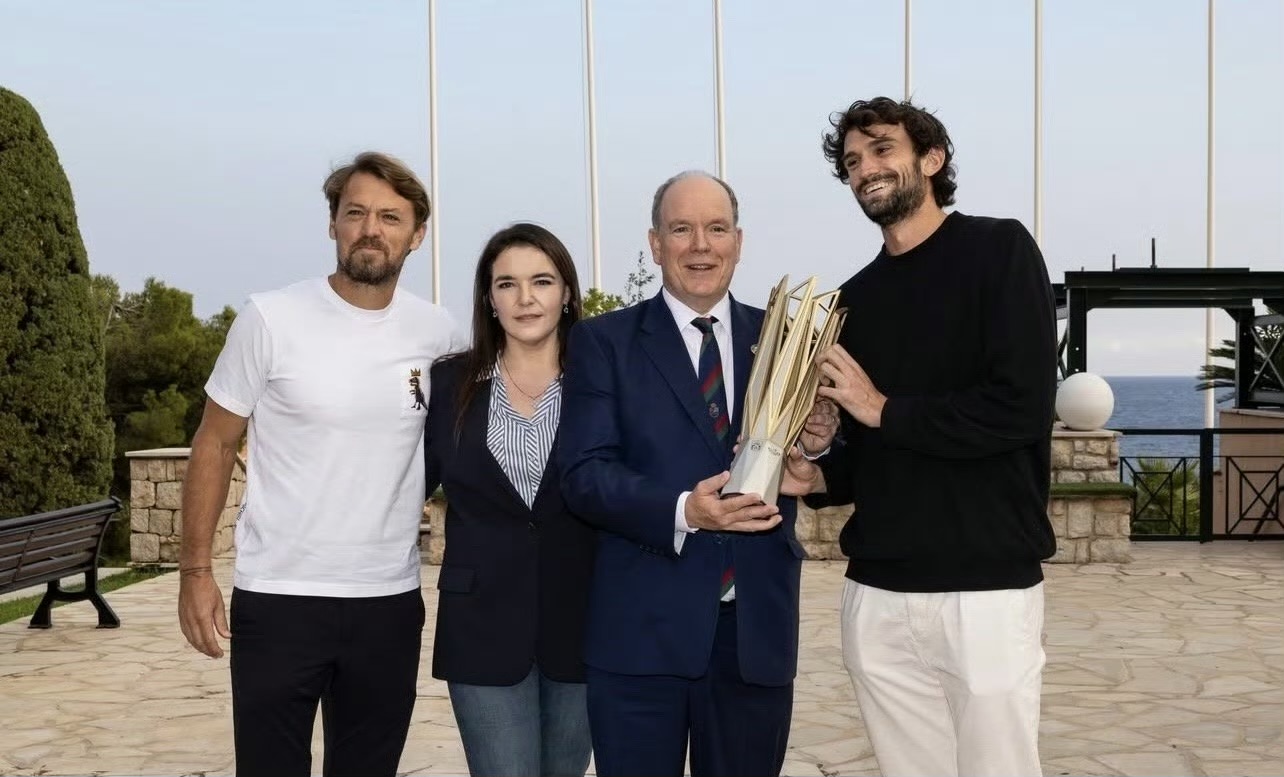
The Shanghai Masters results act as a mirror reflecting a certain truth about contemporary professional tennis. Beyond the "new golden era" narrative built by Alcaraz and Sinner, there exists a more complex and full-of-potential realm. There are no insurmountable hierarchies or predetermined outcomes, only pure love and dedication to tennis.

Perhaps the true value of this surprise is not what Vachero won, but that it reminds everyone: tennis always keeps the door open for those ready to push their limits. When people like Bubelik return to the training courts and ask themselves "why," the seeds of change may already be planted. The charm of tennis lies precisely in its unpredictability and its constant capacity to deliver the next astonishment.(Source: Tennis Home Author: Mei)







 Links
Links
 Contact
Contact
 App
App


